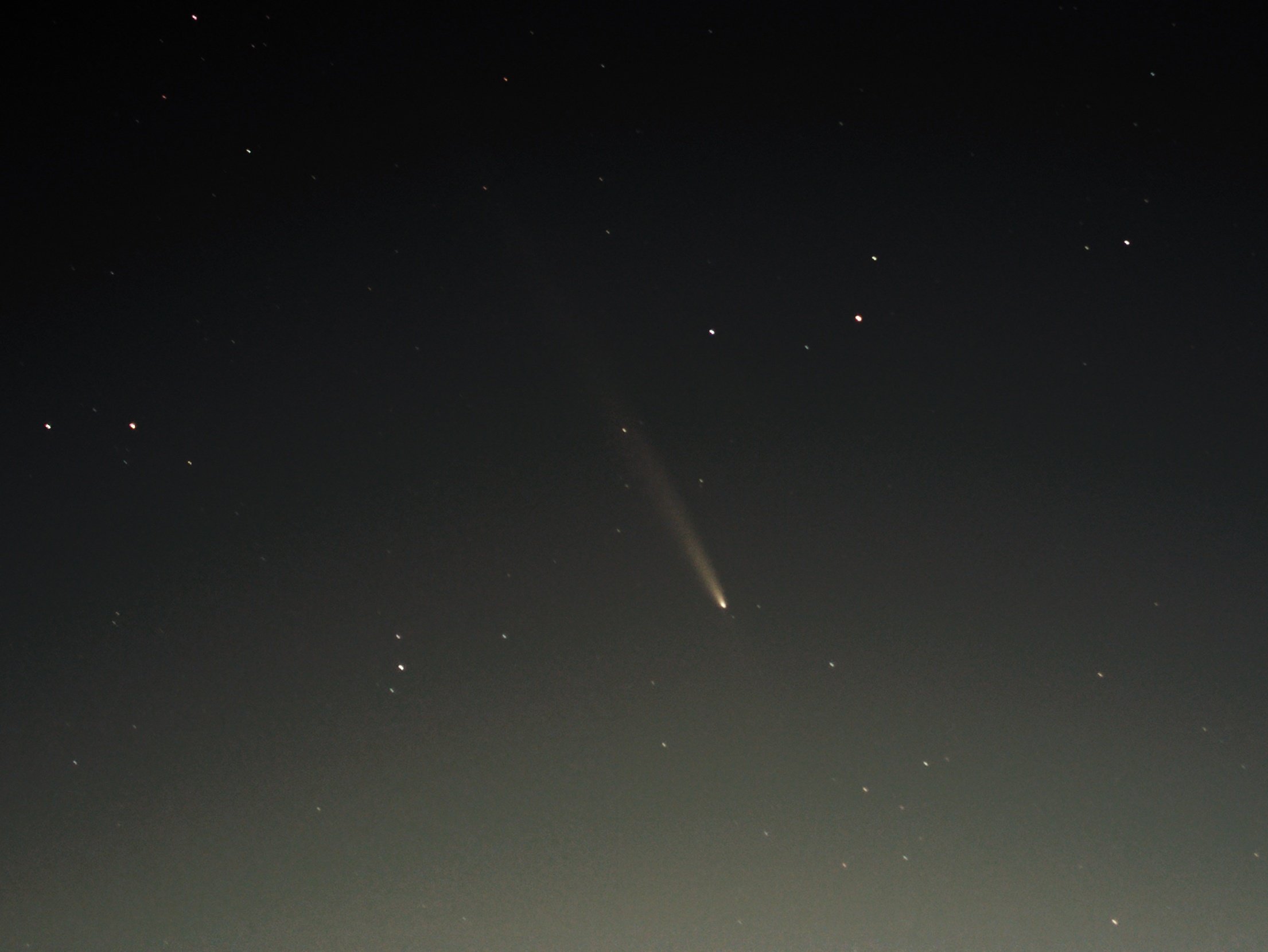Astrophotography
Welcome to !astrophotography!
We are Lemmy's dedicated astrophotography community!
If you want to see or post pictures of space taken by amateurs using amateur level equipment, this is the place for you!
If you want to learn more about taking astro photos, check out our wiki or our discord!
Please read the rules before you post! It is your responsibility to be aware of current rules. Failure to be aware of current rules may result in your post being removed without warning at moderator discretion.
Rules
- I | Real space images only.
-
Astrophotography refers to images of astronomical objects or phenomena exclusively.
-
~~Images that show objects or people below the Kármán Line (100km) will be removed.~~ We won't be enforcing this rule for now, but as the community grows eventually we will split and have a separate space for just landscape astro.
-
Images must be an accurate representation of a real astronomical object.
- II | Original and Amateur Content Only
-
Image posts can only be images that you have captured and processed yourself, or discussion about capturing and/or processing your own images.
-
Images acquired from public sources, professional observatories, or other professional services are not allowed.
-
If you have done a drastic alteration or reprocessing of a prior submission, you may repost your edit - but only after a minimum of one week has passed.
- III | Post Types
-
Image posts are to link directly to the image, not to landing pages, personal galleries, blogs, or professional sites. Link to these in the comments. (AstroBin and Imgur, are allowed)
-
Questions are welcome here for the time being.
-
Links to blogs, articles or external websites should be interesting and promote discussion about amateur astrophotography.
- IV | Titles
- All image posts should just include include the name of the object being photographed. Extra info such as equipment, it being your first image, or other information should go in a comment along with your acquisition info. Please see this page for more details.
If your post is removed, try reposting with a different title. Don't hesitate to message the mods if you still have questions!
- V | Acquisition and Processing Information
-
All submitted images must include acquisition and processing details as a top-level comment. All posts without this information may be given a warning, and if not updated will be removed.
-
This includes the telescope, mount, camera, accessories, and any other pieces of equipment you used to capture the image.
-
You must also include processing details, i.e. the programs you used and a general rundown of the workflow/processes you used within those programs. “Processed in Photoshop” is not enough.
view the rest of the comments

Wtf, people are doing astro photography with a phone now? I had no idea it is possible...
Well I suppose this is a bit of a misstatement. Google pixel phones have for the last couple of iterations had a feature called astrophotography mode.
I'm not versed enough to describe all the technicalities, Pat. It basically uses the digital camera sensor and the optical lenses and its own "smart" software to do all the leg work that you could otherwise do just by long exposure, photography, photo stacking, and rendering.
When you point the phone at the sky it goes into night mode, which is just long exposure photography. Sensor detects that you're looking at stars, and you are holding the phone still, such as by placing it on a table upside down or on a tripod, it will detect that you're trying to photograph the Stars, flip to astrophotography mode, and then take a 4-minute exposure, which I think also may make use of GPS and the electromagnetic field sensor to help you capture the image of the Stars.
I have found that it works well for a wide shot of a comment and for wide field shots of the night sky.
It absolutely cannot do deep sky photography without an external lens. It's good for the comets, Space station passes, and that sort of thing.
There are at least two products made for doing astrophotography with a cell phone. One connects to the camera unit remotely, and it's really just an external camera, possibly with some built-in rendering software. Software.
The other one is a cradle for your smartphone, and essentially the cradle has a telephoto lens built into it. I haven't tried those. I have a smart scope that is controlled by my phone, but all hardware and software image processing is inside the telescope versus using my phone's processor to stack and render images.
you said the photo is from a phone and it is from the phone, i don't see any misstatement 😆
and to clarify that wasn't meant as an attack or anything, i am honestly surprised how good the photo is, knowing it is from the phone. of course the quality can't compete with dedicated lens on a camera, but the exposure is really nice.
Knew exactly how you meant. Thanks for the compliments.
Man, I remember the day they released astrophotography mode via a beta build. I was way up north in the late fall with clear night skies just marveling at the stars. I happened to see a reddit post about the camera software update and spent the night holding my phone up in the air trying to get enough signal trying to download the installer. I finally got it and he next night it was cloudy, but the next night...